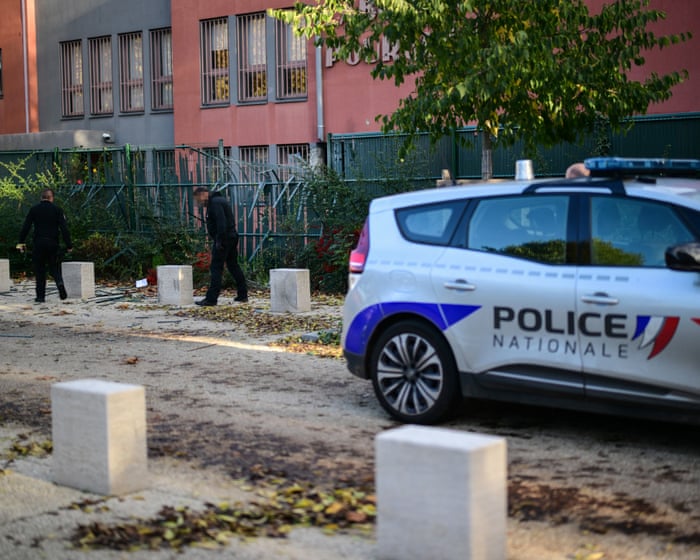Germany’s oldest and largest gay dance club has filed for bankruptcy after nearly 50 years in business, becoming another casualty of inflation and changing nightlife trends that threaten Berlin’s club scene.
SchwuZ, which opened in Kreuzberg in 1977, had been struggling with financial difficulties, management issues, and competition from dating apps. Earlier this year, the club reduced its opening hours, laid off staff, and appealed to regulars for financial support—but these efforts weren’t enough to save it.
On Thursday, the club announced on Instagram: “SchwuZ has filed for insolvency. But we’re not giving up!” The post highlighted the club’s importance to Berlin’s LGBTQ+ community, noting its role in launching Christopher Street Day and the queer magazine Siegessäule.
“For nearly 50 years, SchwuZ has been more than just a club—it’s been a second home, a space for queer art, community, and resistance,” the statement read. “Many of us found what we were looking for here: a home, chosen family, and freedom.”
Originally called SchwulenZentrum (Gay Center), the club moved to a larger venue in trendy Neukölln in 2013, but the expansion may have contributed to its financial struggles. This year, monthly losses ranged between €30,000 and €60,000 (£26,000-£52,000), with declining revenue.
Managing director Katja Jäger cited economic pressures, an aging clientele, and Berlin’s broader club crisis as key factors. Rising rents and energy costs have hit the city’s nightlife hard, leading to what locals call Clubsterben—the death of clubs.
In May, SchwuZ laid off a third of its staff (many long-term employees) and cut back on drag shows. A crowdfunding campaign raised only €3,000 of its €150,000 goal. Now, the club is making a final plea for support, calling on the community to help preserve it “for future queer generations who need a space that uplifts and empowers them.”
The announcement sparked an outpouring of solidarity, with drag performer Gloria Viagra vowing, “We can do it together!”—though some critics complained about outdated music and high entry prices.
SchwuZ hopes to remain open until October, when insolvency proceedings begin.
Berlin’s nightlife decline has accelerated in recent months. Last weekend, historic gay and lesbian club Busche closed after 40 years, citing rising costs. The club, founded in East Berlin in 1988, was known as the “anti-Berghain”—a more local alternative to the famous techno venue.
On New Year’s Eve, upscale electronic club Watergate shut down after 22 years, blaming inflation, shifting music trends, and fewer budget flights to Berlin. Meanwhile, techno club Wilde Renate—known for its indoor and outdoor dance floors—will close at year’s end after a long battle with its landlord.
The planned extension of… [text cuts off]The planned A100 highway expansion threatens several popular clubs near Ostkreuz station, sparking protests urging Berlin’s center-right government to halt construction.
Emiko Gejic, a spokesperson for the Club Commission, said: “Clubs are a vital part of Berlin’s identity—and also an economic asset.”



